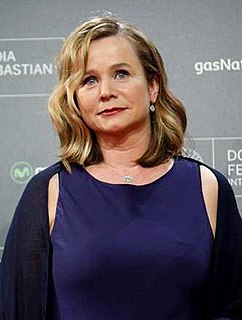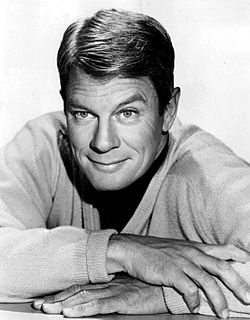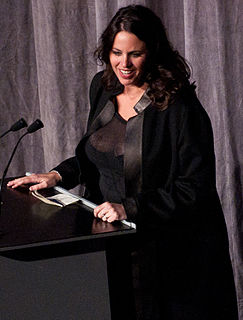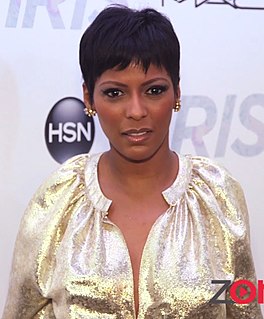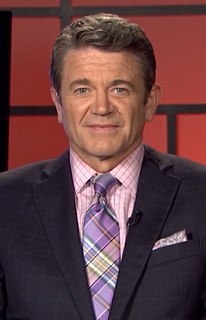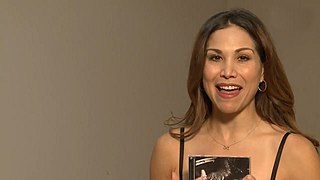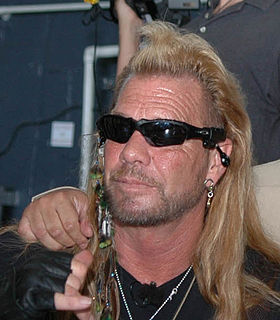A Quote by Emily Watson
It's an incredible privilege for an actor to look into the camera. It's like looking right into the heart of the film, and you can't take that lightly.
Related Quotes
Being an actor in TV or movies is different. A film or TV actor, if put in theatre, won't know certain dimensions, while a theatre actor won't know certain things when he comes before the camera. So I think a film actor can learn emoting from this theatre counterpart, while the theatre actor can learn about camera techniques from the film actor.
In drama, you're interacting with other actors to tell the story. The camera is like the theater: it's the artistic fourth wall. In a screen play, you don't look at the camera and communicate with it. But with hosting, you're looking right into the lens and talking to the people. It is a different style, and it's fascinating.
I like esoteric stuff but it's not my voice - it's not what I have to make. It helps to make something that's accessible. It's an expensive medium and people put up a lot of money and you can't take that lightly. It's a privilege and it's easy to be flip about it. There's a lot of bullshit, but most people in the film business aren't getting rich. They're working hard.
Film, television, and working with a camera is such an intimate art form that if a camera is right on you, and I've got your face filling the screen, you have to be real. If you do anything that is fake, you're not going to get away with it, because the camera is right there, and the story is being told in a very real way.
